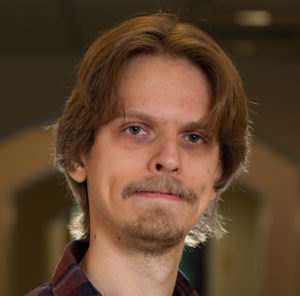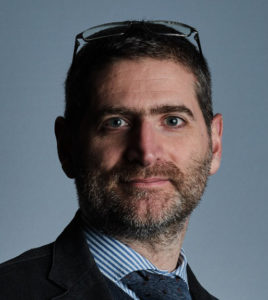 Stanislav Panin holds a PhD in Philosophy from Moscow State University and is a Doctoral Student in the Department of Religion at Rice University.
Stanislav Panin holds a PhD in Philosophy from Moscow State University and is a Doctoral Student in the Department of Religion at Rice University.
For years Russian authorities worked to establish control over the public sphere and to suppress independent political parties, media, and non-profits. This control and suppression extend to religious associations; in the past decade, Russian authorities put great effort in prohibiting independent religious movements that were reluctant to profess their unconditional allegiance, had extensive international connections, or were otherwise perceived as a potential threat.
The current events in Ukraine, called “the Russian aggression against Ukraine” by the United Nations and a “special military operation” in Russian official jargon, provided a justification to tighten the restrictions. On 4 March, Russian authorities introduced new laws that made illegal “discrediting the actions of the Russian military,” “calls against the use of the Russian Federation military,” and “calls for political and economic sanctions against Russia.”
(more…)


